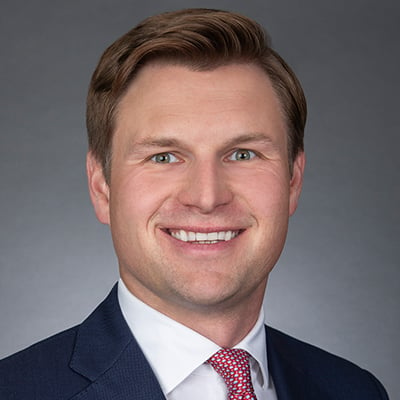Court Reverses Criminal Conviction, Calls for New Trial for Kirkland Pro Bono Client; Finds Government Violated Brady Obligations
On Friday, August 14, 2015 the U.S. Court of Appeals for the District of Columbia Circuit reversed the criminal conviction and called for a new trial for Kirkland & Ellis pro bono client Daaiyah Pasha.
In a published opinion, the D.C. Circuit held that the government had violated its Brady obligations to disclose exculpatory evidence to the accused. The court also addressed in detail what remedies are appropriate in the event that the government violates Brady.
The D.C. Circuit wrote: “We do not reach our new trial conclusion lightly, not least because the charges in this case relate to the integrity of process in our courts. There is, however, no way around the fact that ‘the suppression by the prosecution of evidence favorable to an accused upon request violates due process where the evidence is material either to guilt or to punishment, irrespective of the good faith or bad faith of the prosecution.’”
The case arose from allegations that Charles Daum, a prominent D.C. defense attorney, fabricated evidence in the defense of one of his clients. Kirkland client Daaiyah Pasha was alleged to have assisted Daum by orchestrating a staged photo shoot which purportedly exonerated Daum’s client.
Eight months before trial, the government had interviewed an eyewitness to the photo shoot whose description of the participants did not match Daaiyah Pasha. The government waited to disclose that exculpatory evidence, however, until a few weeks before trial began. The D.C. Circuit held that the government’s delay violated Brady and that Daaiyah was entitled to an appropriate remedy in a new trial: “By now government prosecutors should know: ‘Betray Brady, give short shrift to Giglio, and you will lose your ill-gotten conviction.’”
“This case is significant because it finds that the government violated its Brady obligations by failing to disclose exculpatory evidence until close to the eve trial,” said Winn Allen, a Kirkland partner who represented Daaiyah Pasha. “It also clarifies the rules about the proper remedies for Brady violations and endorses a district court’s broad authority to fashion appropriate remedies---including striking evidence, limiting cross examination, or issuing special jury instructions.”
The case is United States v. Pasha, No. 13-3024 (D.C. Cir. 2015).

